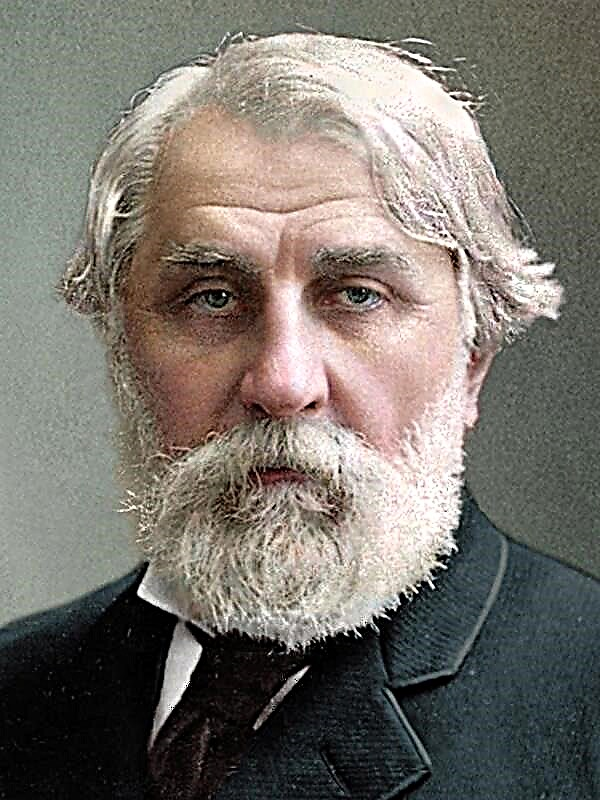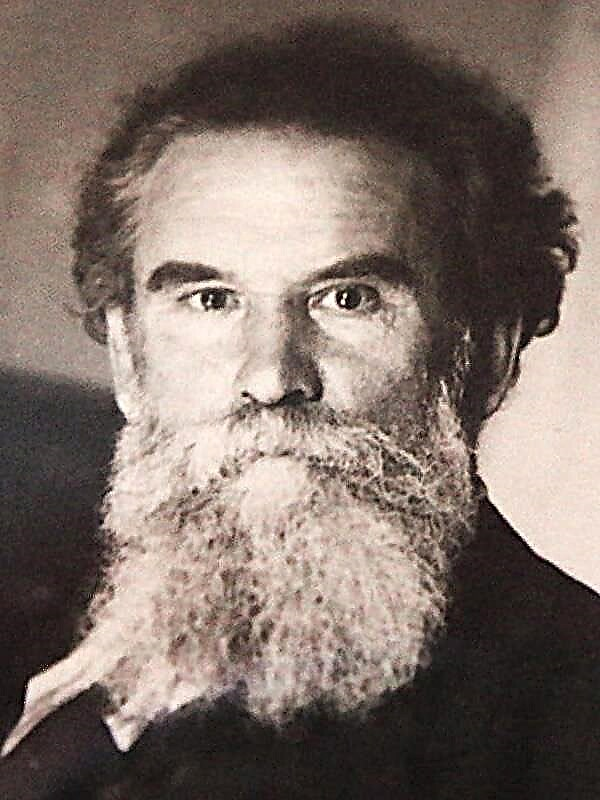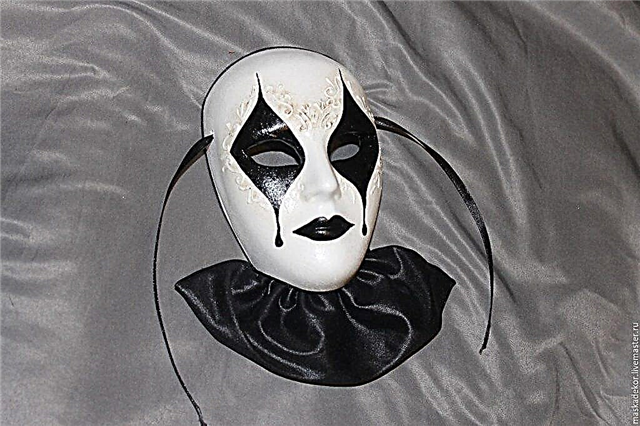The author hears Chopin's funeral march and a whisper of warm rain in ivy. She dreams of youth, his past cup. She is waiting for a man with whom she is destined to deserve such that the Twentieth Century will be embarrassed.
But instead of what she was waiting for, on New Year's Eve, shadows from the thirteenth year came to the author at the Fountain House under the guise of mummers. One is dressed up by Faust, the other by Don Juan. Dapertutto, Iokanaan, northern Glan, the murderer of Dorian come. The author is not afraid of her unexpected guests, but is confused, not understanding: how could it happen that only she, one of all, survived? It suddenly seems to her that she herself - such as she was in the thirteenth year and with whom she would not like to meet before the Last Judgment - will now enter the White Hall. She forgot the lessons of the Red-beasts and false prophets, but they did not forget her: as in the past, the future is ripening, so in the future the past is smoldering.
The only one who did not appear on this terrible festival of dead foliage is a Guest from the Future. But then comes the Poet, dressed up in striped verst, - the same age as the Mamvrian oak, the centuries-old companion of the moon. He does not wait for himself magnificent anniversary armchairs, sins do not stick to him. But this was best described by his poems. Among the guests is the very demon who sent a black rose in a glass in a crowded room and who met with the Commander.
In nonchalant, spicy, shameless masquerade chatter, the author hears familiar voices. They are talking about Kazakov, about the stray dog cafe. Someone drags a goat-footed one into the White Hall. She is full of a cursed dance and ceremonially naked. After the cry: “Hero to the forescene!” - ghosts run away. Left alone, the author sees his mirror-looking guest with a pale forehead and open eyes - and realizes that the gravestones are fragile and granite softer than wax. The guest whispers that she will leave her alive, but she will forever be his widow. Then in the distance his clear voice is heard: "I am ready for death."
The wind, either remembering or prophesying, mutters about St. Petersburg in 1913. That year, the silver month shone brightly over the silver age. The city went into fog, in the pre-war frosty stuffiness there lived some future buzz. But then he almost did not disturb the soul and was drowning in Neva snowdrifts. And not the calendar one approached along the legendary embankment - the real Twentieth Century.
In that year, an unforgettable and gentle friend stood up above the rebellious youth of the author - only a dream once. Forever forgotten his grave, as if he did not live at all. But she believes that he will come to tell her again the word that conquered death and the answer to her life.
The infernal harlequinade of the thirteenth year sweeps past. The author remains in the Fountain House on January 5, 1941. The ghost of a snow-covered maple is visible in the window. In the howl of the wind one can hear very deeply and very skillfully hidden fragments of the Requiem. The editor of the poem is unhappy with the author. He says that it is impossible to understand who is in love with whom, who, when and why, who died, and who remains alive, and who is the author and who is the hero. The editor is sure that today there is no reason to talk about the poet and a swarm of ghosts. The author objects: she herself would be glad not to see the infernal harlequinade and not to sing amid the horror of torture, exile and execution. Together with her contemporaries - convicts, "footsteps", captives - she is ready to tell how they lived in fear on the other side of hell, raised children for chopping block, dungeon and prison. But she can not get off the road on which she miraculously came across, and not finish her poem.
On the white night of June 24, 1942, fires burn out in the ruins of Leningrad. In the Sheremetevsky garden linden blossoms and the nightingale sings. A crippled maple grows under the window of the Fountain House. The author, who is seven thousand kilometers away, knows that the maple at the beginning of the war foresaw separation. She sees her double, who is being interrogated behind a barbed wire, in the very heart of the dense taiga, and she hears her voice from the double's mouth: I paid you clean, I went under the Nagan exactly ten years ...
The author understands that it is impossible to separate her from the seditious, disgraced, sweet city, on the walls of which is her shadow. She recalls the day when she left her city at the beginning of the war, in the belly of flying fish fleeing from an evil chase. Below, the road opened for her to take her son and many more people. And, knowing the period of vengeance, overwhelmed by mortal fear, dropping her eyes dry and breaking her arms, Russia went east before her.












